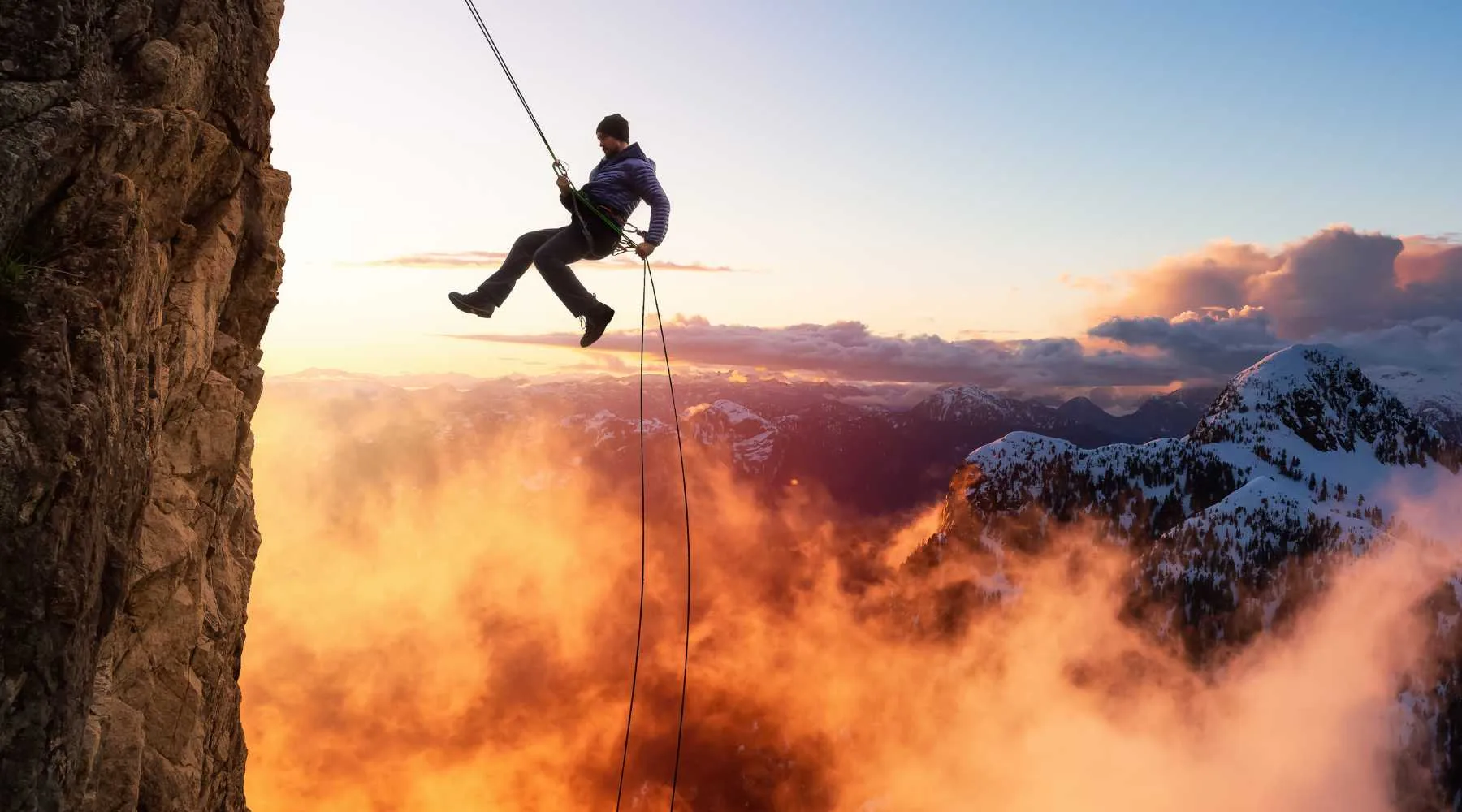Sports and adventure travel insurance
Most standard policies won’t cover you — you need sports and adventure travel insurance. Compare your options.


A typical travel insurance policy can cover you for things like medical bills, cancellation costs and lost, damaged or stolen belongings. However, when it comes to extreme sports, a basic policy probably can't give you the protection you need.
An adventure or extreme sports travel insurance policy protects you from a whole lot more. In fact, what distinguishes adventure travel insurance from ordinary travel insurance is how many more sports and adrenaline-filled activities are included.
Adventure policies are tailored to the sports enthusiast, thrill-seeking traveller and adrenaline junkie, which basically means a policy won't exclude all the activities you want to do on your next trip. From hiking trips that involve abseiling, river rafting and camping, to once-in-a-lifetime experiences like skydiving and bungee jumping, an adventure travel insurance policy can give you peace of mind knowing you're protected should anything go wrong. A policy can even cover you for high altitude trekking.
Because most of these activities are far from hospitals and medical facilities, adventure sports travel insurance generally also comes with emergency evacuation cover. Emergency medical evacuation makes sure you're not seriously out of pocket if you require an ambulance, helicopter or medical aircraft to transport you to the nearest hospital.
Depending on your policy and provider you will be able to take out cover for activities including:
If you plan on riding a moped or motorcycle you may need to take out additional cover as these are considered to be high-risk activities.
Depending on the policy, snowsports is often included in an adventure travel insurance policy. However, if you're going on a trip specifically to ski or snowboard, consider getting ski insurance. Ski travel insurance can cover you for emergency evacuation, extreme weather conditions, lost or stolen equipment and more.
Yes. There are a number of travel insurance brands that are able to organise group travel insurance for sports teams up to 40 people heading off on a domestic or overseas sports tour.
Usually, a representative of the group will need to fill out a group travel insurance application form from the insurer's website listing each of the group members, including details of any sports or hazardous activities the group will be participating in and any pre-existing medical conditions that different members of the group have.
After receiving the group's details, the insurance provider will review the information and provide you with a quote to cover the group.
Always check your product disclosure statement (PDS) for specific exclusions. Common exclusions on sports and adventure travel insurance policies can include:
By shopping around, you'll be able to find adventure travel insurance policies that cover you for some of these activities.
Keep in mind that even if your policy says you're covered for a specific activity, there are some incidents in which you won't be covered. These include:
Other factors to consider before you choose a policy and go off on your trip include:
Have a particular extreme activity you want travel insurance for? Check out our list of guides below.
Trek confidently with one of these 10+ brands that offer trekking insurance.
Whilst playing golf on your trip imposes a small risk of injury, there is still a risk of having your equipment stolen. Make sure you are covered ahead of your next with an appropriate Golf Insurance policy.
Find out how travel insurance covers shark cage diving and who
A guide to finding travel insurance brands that cover bungee jumping and what is covered.
Find out which travel insurance brands provide cover for Skydiving.
Planning to paraglide or parasail? Make sure your travel insurance policy covers you.
Guide to finding travel insurance that covers mountain biking.
Find out whether or not travel insurance covers you for scuba diving.
This guide takes a closer look at motorcycle travel insurance and makes some suggestions regarding levels of cover and ways to stay safe when riding abroad.
I’m looking for travel insurance that covers BASE jumping. Anyone have any leads?
Hi Sonik,
Thanks for your question. Unfortunately I am unaware of any providers that are willing to include cover for BASE jumping.
Cheers,
Richard